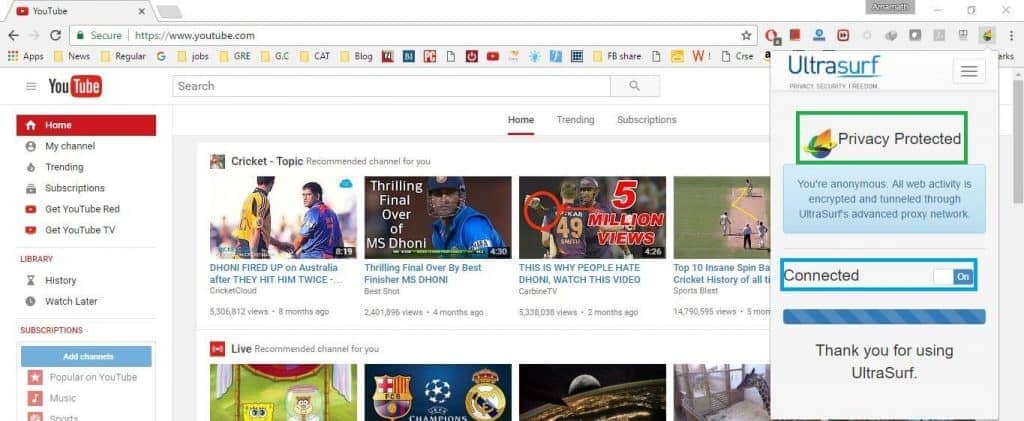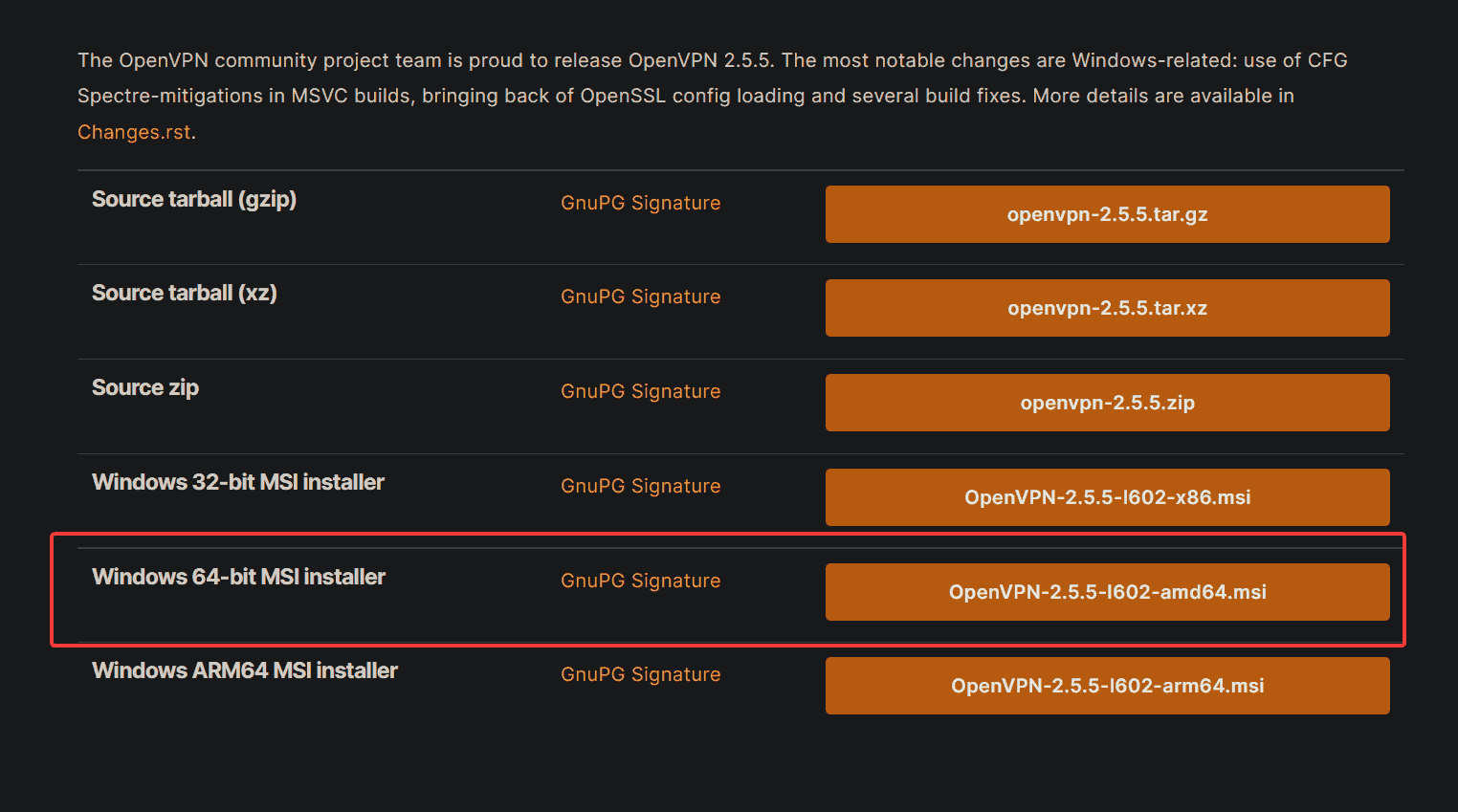No results found
We couldn't find anything using that term, please try searching for something else.

Best VPN for Android
2024-11-11 # 1 . Avoid Free VPNs Providing a VPN service is a costly business. There are servers to maintain, software to be developed, people to handle custo
# 1 . Avoid Free VPNs
Providing a VPN service is a costly business. There are servers to maintain, software to be developed, people to handle customer support, advertising expenses, to name a few.
All this doesn’t come cheap.
Many free VPN providers have been caught selling customer data, quietly installing malware or injecting advertising. While a free VPN may be tempting, when it comes to choosing this type of service, you have two options. The first is paying a fee. The second is paying with your data by looking at excessive ads or by risking your Internet connection security.
# 2 . Watch Poor Encryption
The VPN works by sending your data encrypted through a virtual tunnel and decrypting it on the server side. Using a strong encryption protocol and a long encryption key is essential for keeping your data secure while it travels through the Internet.
Although AES encryption with 256-bit key or more should be standard for any VPN, there are still many services that provide only 128-bit keys. Other strong VPN ciphers to look for are Twofish or Camellia. Look out for Perfect Forward Secrecy as well; not many VPN services provide this essential security feature.
#3. Beware Of Snitching
VPN services encrypt your data while it travels through the Internet, but it is still technically possible for the service provider to access it as it is being decrypted on the VPN server.
Most, if not all, VPN companies claim they do not keep logs or track the user activity, but the news often reveals otherwise. Many small VPN services have been known to help law enforcement agencies by providing such logs on user data.
Choosing a VPN service audited by an independent third-party organization ensures that your browsing activity remains secure and untracked.




![How to Install VPN on an LG TV [Easily]](/img/20241120/PWqN6L.jpg)
